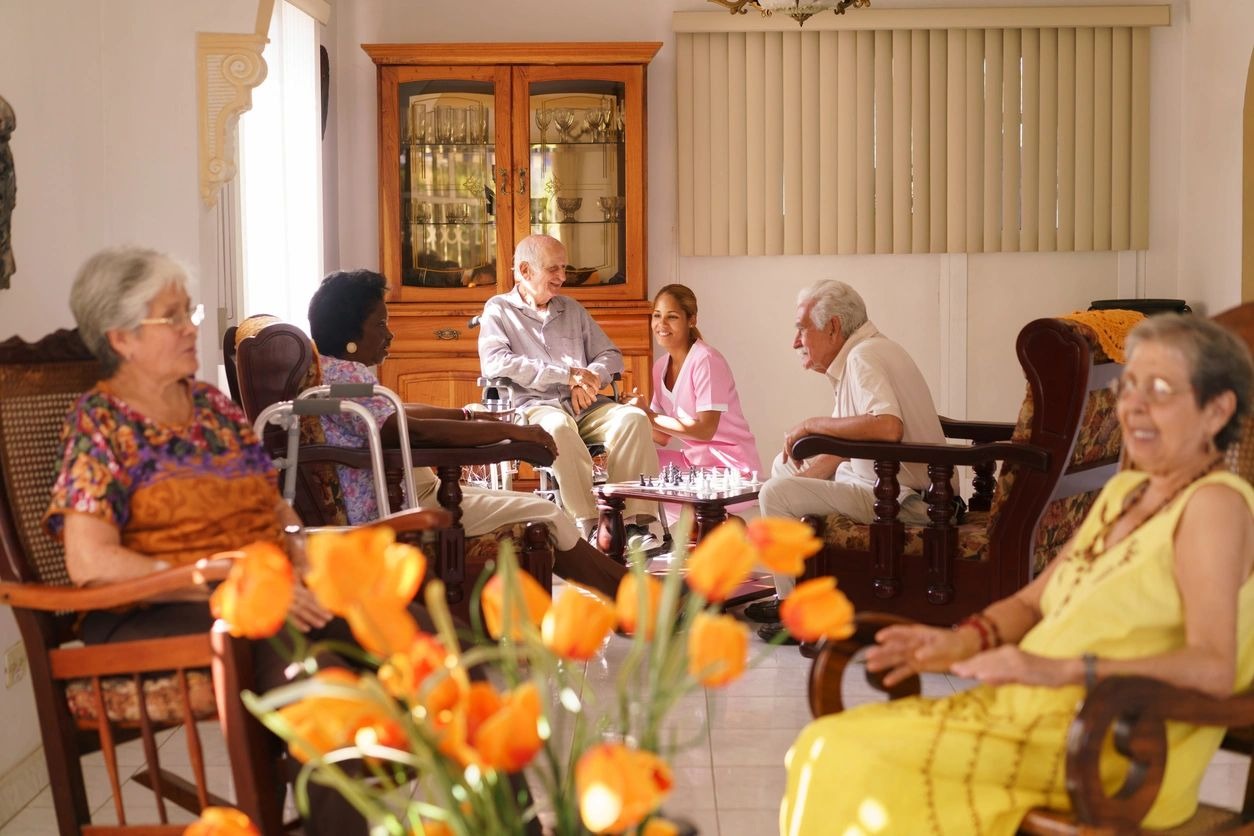Exploring Elderly Care Options for Your Loved One

Independent Living
Healthy, active seniors capable of living on their own are attracted to the socialization and amenities offered in these communities. A number of restaurant-style meals per month*, housekeeping, laundry, and concierge services are generally offered.
Independent living focuses on social events and wellness activities. Many communities have a theater with movies and popcorn, musical and theatrical performances, visiting lecturers, shopping, and much more. In many communities, should a resident’s health decline, outside caregivers may be hired thus negating the need to move.
Some communities offer the ability for seniors requiring assisted living support to stay in their same accommodations and add additional levels of care provided by the community.
* Some independent living communities offer three meals a day.
Assisted Living Communities
These communities provide a cheerful, safe, interesting place to live for those who need some help with activities of daily living (ADLs). Three meals a day and snacks are provided. Housekeeping, laundry, and transportation services are generally available.
ALFs offer special programs such as audiology, massage therapy/spa, and memory care. Therapies often include occupational, pet, physical, speech, and water.
Socialization activities include arts and crafts, dance and exercise classes, gardening, music, shopping, and a theater with movies and popcorn.
Medical staff: 24-hour nursing. Most have Rounding doctors with following specialties: Geriatrics Specialty, Internal Medicine, Audiology, Dental, Podiatry, Wound Care, Psychology. Some have a Physician’s Assistant on staff 24-hours a day and even a Social Worker.


Memory Care
Memory care communities provide a safe, stress-free, and caring environment for those suffering from Alzheimer’s or dementia. Expertly trained staff provide special 24-hour care structured with set schedules and routines.
Significant ongoing research has contributed to programs that cultivate cognitive skills as well as help slow the progress of memory loss. Memory Care communities may engage the residents with brain fitness excises and memory games and provide specialty food programs. Most of these communities have secured outdoor areas where residents can enjoy walks and even do some gardening.
